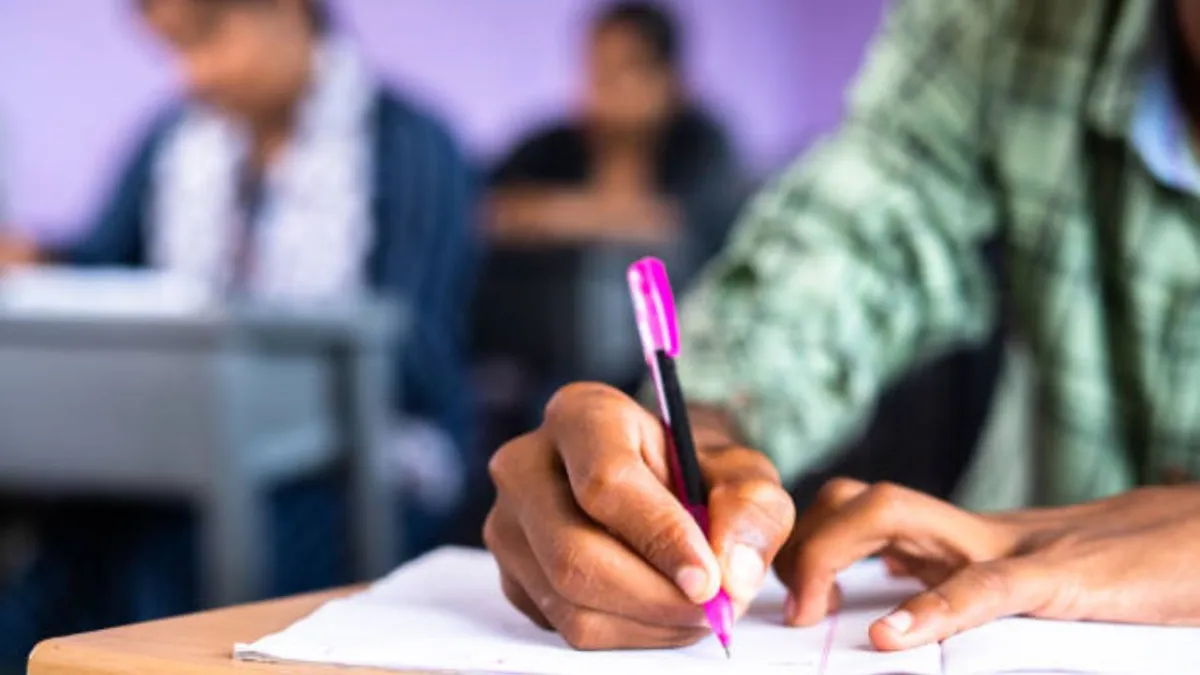Students preparing for various competitive exams often find themselves facing challenges in the interview and group discussion segments due to a lack of practice and exposure to activities testing their listening and speaking skills. The traditional language assessments typically focus on written and reading comprehension, but effective communication for competitive exams and professional settings increasingly demands strong abilities in listening and speaking. Here are some strategies that can help one to excel in interviews and group discussions.
Lead and prepare thoroughly
Before entering a group discussion, it’s crucial to have a clear objective, agenda, and set of expectations, and taking the lead during the discussion gives an upper hand on the topic and allows one to guide the conversation smoothly, and the preparation also involves understanding the format and typical questions of the interview, rehearsing your responses, and preparing anecdotes that highlight your skills and experiences.
Practice active listening and mindfulness
Active listening and mindfulness go beyond merely hearing what someone says as it involves paying full attention, showing genuine interest, and responding appropriately. Some techniques such as paraphrasing, where one can summarize, and demonstrate their understanding of the topic show how well and closely someone is following the conversation. This skill can be honed through various online platforms and interactive exercises designed to enhance listening abilities.
Effective and structured communication
Clear communication is vital to conveying one's point effectively and creating a positive impression. Structuring the arguments with a definite beginning, a body comprising relevant research data, and a conclusion, managing the time wisely during discussions to avoid deviating from the topic, and being the first to summarize the discussion can showcase organizational skills and help wrap up the conversation efficiently.
Engage respectfully
In a group discussion, it is common for participants to present their ideas aggressively in an attempt to make a strong impact, however, it is essential to engage respectfully with other participants and their opinions. In today's increasingly multicultural world, demonstrating tolerance and global sensibilities is immensely crucial for aspiring professionals and scholars, and acknowledging differing viewpoints and contributing constructively to the conversation without undermining others lead to respectful engagement.
Improve body language
Non-verbal communication, including body language, also plays a vital role in how one gets perceived. Presenting yourself confidently through good posture and professional attire further enhances the image during interviews and discussions and positive body language reflects confidence, leadership qualities, and an approachable personality. Some simple practices such as maintaining eye contact, offering firm handshakes, and avoiding any defensive gestures can leave a lasting impression during an interview or group discussion.
Confidence through practice
It requires systematic desensitization and consistent practice to build confidence and dedicate time daily to reading aloud from books or articles to improve articulation and thought organization. Practicing speaking in front of a mirror to become aware of your expressions and gestures and using various tools for mock interviews and group discussions can provide valuable practice opportunities in a simulated environment, which can help to refine the communication skills.
Embrace Mistakes and Keep Calm
Finally, remember that it is okay to make mistakes. Embrace them as learning opportunities and take some time to pause, collect every thought, and begin anew. Breathing exercises and meditation can help with managing anxiety and stress during such times. Setting your own pace and remaining composed will help to discover and showcase the leader within you.
Mastering effective communication strategies is essential for future academic and professional success, not only for excelling in interviews and group discussions. With some dedication, practice, and the right approach, anyone can overcome the challenges posed by these segments and go through interviews or group discussions, leading to securing a place in a prestigious university through entrance examinations.

